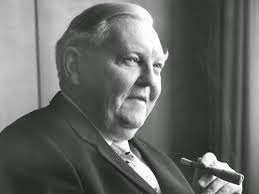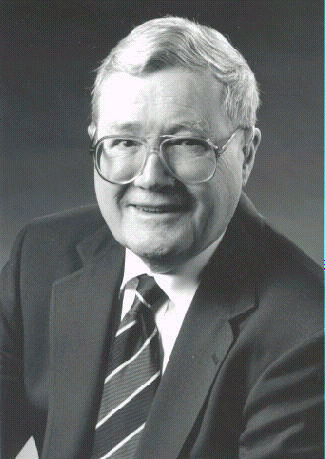Hits and misses: Evaluation of last year's predictions

As 2014 is coming to an end, this is a good time to wrap up the year and look back at some of the events that passed us by, but most importantly it's a good time to present a quick overview of the predictions I've made in the beginning of the year and assess how good they were. I actually had quite a lot of hits, and only a few misses this year. I won't be modest in saying that I'm getting pretty good at this. Perhaps reading Bueno De Mesquita's "The Predictioneer's Game" , and Nate Silver's "The Signal and the Noise" rubbed off some of its magic on me? Here goes ( the predictions for 2014 were made on January 2nd 2014 ): The Hits: 1. "next year a stronger recovery should finally kick off in most of the Western world. Emerging markets will grow too, however less dynamically than before...In America the energy boom will reignite the recovery momentum...America's stronger growth will rub off on Europe as wel...








